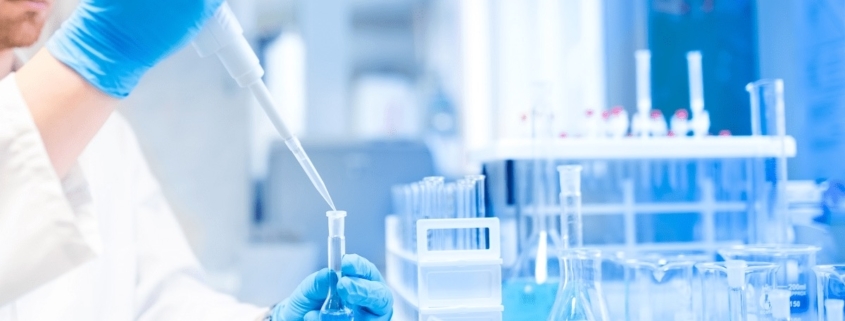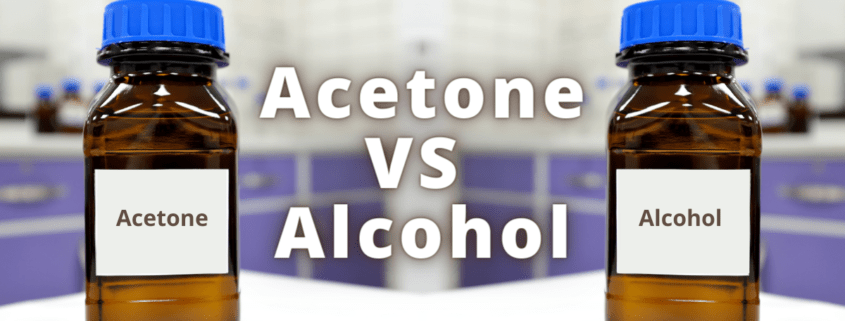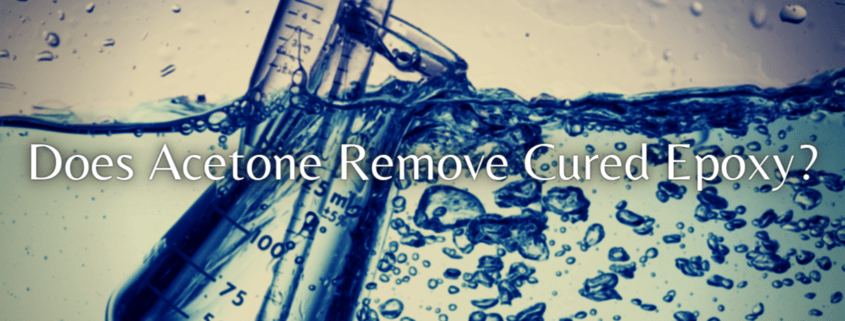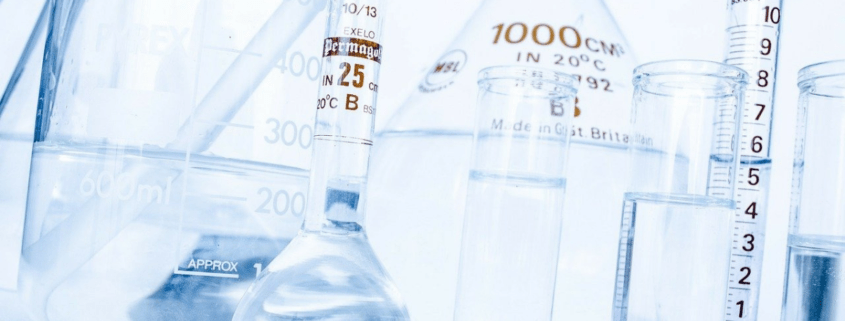What is gravimetric cleanliness testing?
What is gravimetric cleanliness testing? The term gravimetric means to determine the weight of a particle and it’s measurement. Gravimetric cleanliness testing is a simple yet important procedure used in cleaning processes to assist users to determine whether the parts of their equipment is being cleaned properly to ensure continued operations and cleanliness, while maximizing the life expectancy of the machinery being operated. Gravimetric cleanliness testing requires using specific parts to determine if a particular compound is present in the parts being tested. What compound exactly? That depends on the compound your are looking for. Different compounds often require testing for the desired presence of “that” compound.
Ecolink provides the chemical compounds used for the gravimetric cleanliness testing equipment that help determine the compounds being sought after. Ecolink’s team of chemists and experienced technicians, are well versed in the nomenclature its customers require, ensuring quick answers to customers unique and individual needs.
Gravimetric cleanliness testing is a process used by many industries including military and defense among others. Keeping equipment operating to their high efficiency requires constant and never ending cleaning and testing to make sure equipment continues to provide the benefits it is designed for. Ecolink supplies various options of chemicals aimed at making cleaning easier and efficient. With over 30 years of direct knowledge and experience, highly qualified chemists and laboratory personnel, Ecolink has the know-how to meet its customers needs and exceed their expectations.
Benefits Ecolink Provide:
• 30+ Years of Knowledge and Experience
• Bulk sizing availability (5 gallon and 55 gallon containers)
• High Quality and Environmentally Conscious Chemicals
• Bulk Discount Pricing
• Handling and Safety Instruction
• Online Shopping Portal
If you are looking for gravimetric cleanliness testing chemicals or other chemicals, Contact Ecolink Here and speak to our expert consultants and chemists. Ecolink is a well known and highly trusted provider and partner to industries and cleaning companies of high quality and eco-friendly chemicals purposely tailored to your gravimetric cleanliness testing and cleaning requirements.





